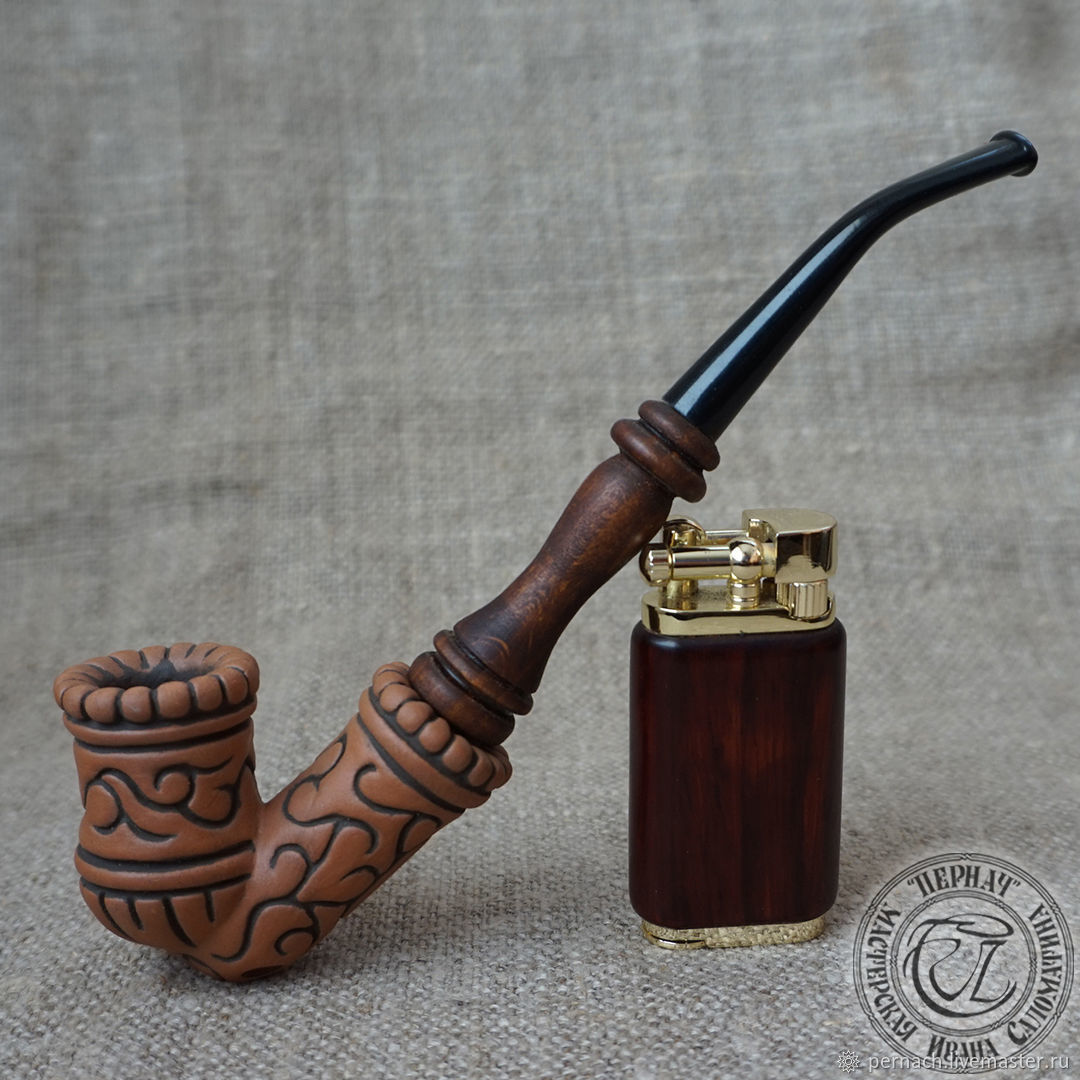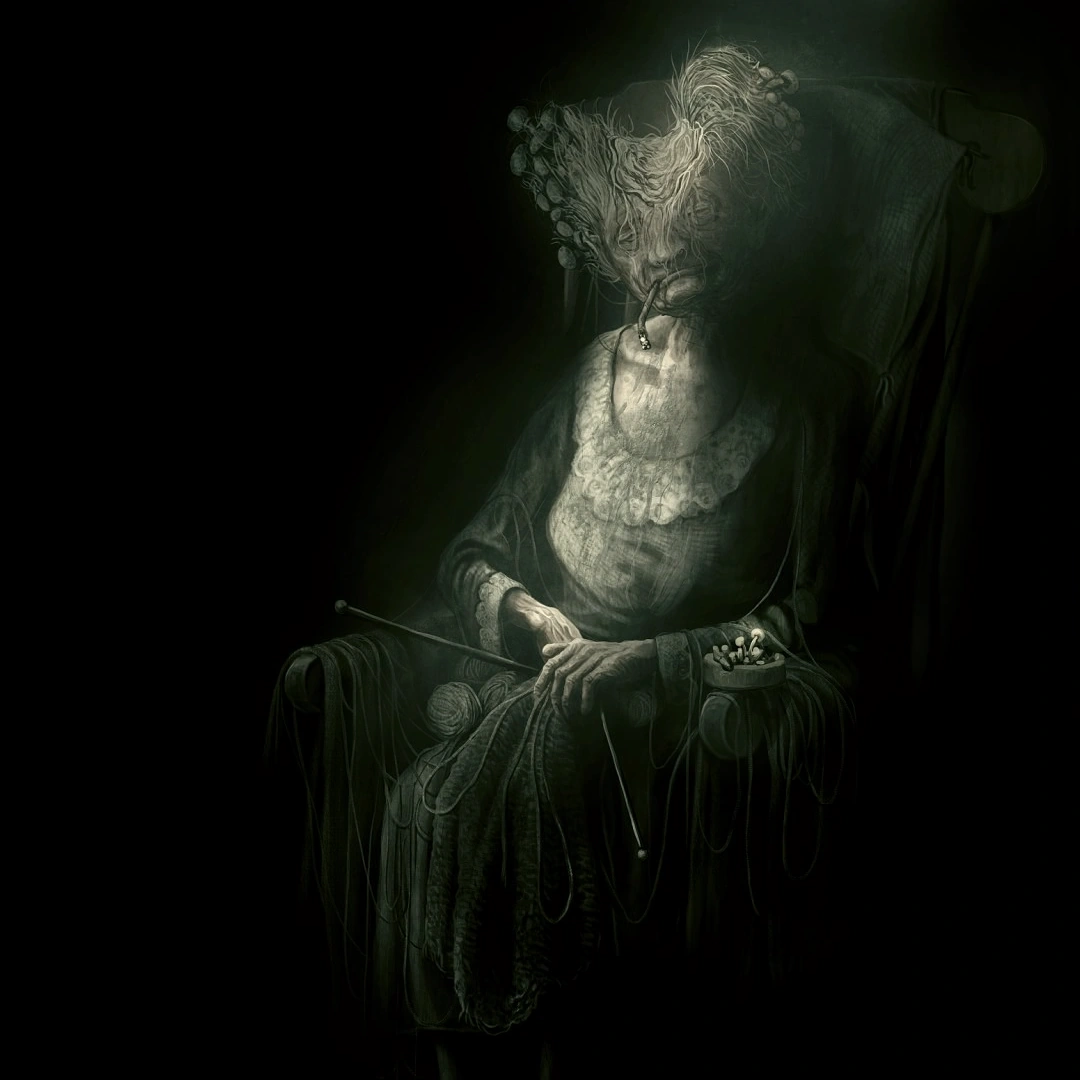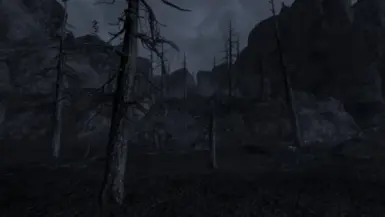
Flemming would be sure to have an aunt in Scotland who was in want of a bright young companion. I waited in some trepidation for what was coming next. It seemed a strangely unsatisfying amount. The upshot seemed to be that I was left to face life with the sum of £87, 17s. I will try to explain as clearly as I can." "I do not suppose you understand much of these matters. Flemming, but I restrained myself from saying so. I knew that quite as well, if not better than Mr. "Your father, as you know, was a very great man. "My dear child, do you think you can listen to me whilst I try to make a few things clear to you?" As things turned out, perhaps it was just as well I didn't. From the first I felt that it was quite useless to try to convince him of the contrary. He was benignant, kind and fatherly-and without the least doubt he regarded me as a perfect fool of a girl left adrift to face an unkind world. Without conscious hypocrisy, I found myself assuming the demeanour of a bereaved orphan.

He rose to meet me as I entered the room, and, taking both my hands in his, patted them affectionately. He was a tall, spare man with a thin face and grey hair. An ardent anthropologist himself, he was a great admirer of Papa's works. He came down specially from town to see me. I shall keep my eyes open and you'll see, something will turn up! You'll hear of me next in China or Timbuctoo." If things happen anywhere, they happen in London. An aunt of mine who lives in Wales is in want of a young lady to help her. I'm not a sentimental schoolgirl-I'm a hard-headed mercenary shrew! You'd know it if you married me!" "The practical difficulties? Yes, I do, doctor. "Miss Anne, you are very much of a child still. "Have adventures and see the world," I replied, without the least hesitation. "But, my dear child, what do you propose to do?" I could never marry a man unless I loved him madly." He was honestly in love with me, but a mistaken delicacy prevented him from pressing his suit on those lines. Thinking it over now, I believe I did the little man an injustice. Safety, that was what I was being offered. The position seemed even more unromantic than before, and yet something in me urged towards its acceptance. That seemed to fluster him a good deal, and he murmured that a wife was a great help to a General Practitioner. I reflected a minute and then asked him why he wanted to marry me. He was not at all like the hero of "The Perils of Pamela," and even less like a stern and silent Rhodesian. The doctor was nearer forty than thirty, and a round, tubby little man. Finally, the doctor called upon me, and after making various ridiculous excuses for failing to send in a proper bill, he hummed and hawed a good deal and suddenly suggested that I should marry him. Our tiny local library suddenly made up its mind to have an assistant librarian. The vicar did his best to persuade me that his wife was in urgent need of a companion help.

At the same time I realized the extraordinary kindness of all these good people. I was an orphan, and practically penniless, but free. It took some time to dawn upon me that the thing I had always longed for-freedom-was at last mine. The vicar's consolations, though well meant, did not console me in the least. I should have felt happier if I could have buried him in a cave, with paintings of reindeer and flint implements, but the force of public opinion constrained a neat tomb (with marble slab) in our hideous local churchyard. And it hurt me that Papa should have died just when the interest of life was at its height for him. No, there had not been love between us, but we had belonged together, and I had looked after him, and had secretly admired his learning and his uncompromising devotion to science.

If he had, I might have loved him in return. Papa had never loved me, I knew that well enough.


 0 kommentar(er)
0 kommentar(er)
